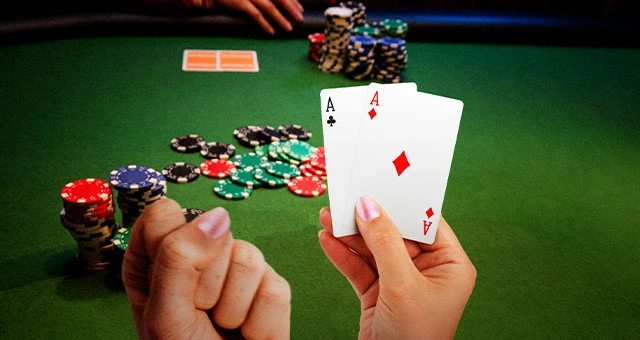It’s possible that intuition in poker can be the lifeblood of your game, especially when it comes to interpreting opponents and interpreting only part of the information. Intuition is also a way to risk bold decisions that set the player apart from their opponents.
intuition usually goes hand in hand with touch and may help players read each other’s body language, but should never be deployed in place of rational analysis.
Developing Your Intuition
intuition is an integral part of any poker game that works — it guides when players are unsure or lost, it shows where the data and statistics lead in a certain direction even when your gut does not tell you to go in that particular direction. I am thinking of intuition as your own private guru!
Intuition is a process and one that takes time. That means studying your opponents’ movements and expressions closely over time to find trends and predict how they will react to different scenarios. You have to go with your gut too.
Keep in mind, though, that intuition is not to be relied upon alone; it must be employed in conjunction with logic and deep understanding of the game to make better decisions and have better odds at the poker table. Intuition will allow you to navigate the unknown in a fast and accurate manner.
Harnessing Your Intuition
Intuition is a powerful companion at tournaments, where the stakes are so high. It helps them read their opponents and act even when they don’t know all the facts; or make bold choices, even if they’re out of their comfort zone, but nonetheless result in victory.
Not only can players perceive what their opponents are trying to tell them, but they can also be observant of how their bodies are reacting. The ability to expand one’s perspective is also enhanced by mental imagery: this is imagining other situations and imagining what could happen in them.
A developing intuition in poker that you are using can give you an edge against your opponents, but it’s never a reliable source alone. Rather, intuition should go hand-in-hand with logic in a dynamic team that will up your game – if an opponent’s face tells you they have good hands, for example, your intuition might say to call or raise.
Appealing to Your Ears in High-Pressure Conditions.
Intuition is a great tool in poker to have when taking big risks that allow them to take on their opponents. Heuristics let us jump to a decision quickly and without thinking – which is something intuitive players don’t have much time for in an emergency situation where they don’t have the luxury of taking all the facts into account.
The best poker players know how to balance analytical precision with intuition in poker decisions. They know that both decisions are part of what keeps games in the air: listening to your gut doesn’t mean giving up strategy for guesswork.
So to work on your intuition you’ve got to apply it in practice poker games, and determine how well it works. And always ensure it is free from biases that could interfere with its reliability; and never forget to verify that your intuitive judgments align with objective evidence.
Combining Your Intuition with Logic
When numbers and odds point one way and your intuition tells you the other, intuition is very important. To rely on intuition is to have surprises, but intuition should be balanced against logic – to be so heavily reliant on intuition is to make rash and uninformed decisions that take us nowhere but down.
The trick to success, as the masters of poker know, is to be able to reconcile acuity with intuition. It’s a balance that helps them stay in uncertain territory, and gives them an edge against the other.




